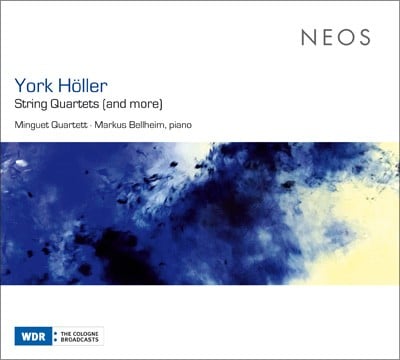Bote & Bock
According to an unwritten rule, artists are advised to keep art and the private sphere apart. If Alban Berg had followed this rule throughout, he would never have written his ‘Lyrical Suite’. Not only did he interlock the notes of his name’s letters with that of his secret lover, Hanna Fuchs, but the six movements of the work, as has been discovered in exegetic studies, reflect personal traits of the composer and, by incorporating a Tristan quotation, carry a distinct allusion to the death wish.
My piano quintet, Zwiegestalt reflects spheres of an experience that, in their ambivalence, had a deep impact on my life during the composition of this work: mourning my first wife on her death in 2006 and the confidence I regained on meeting my then new partner. Both names are significant not only in terms of tonal symbolism and structure but also in regard to the expressive characters attached to them. Notwithstanding the autobiographical background, Zwiegestalt is meant to be absolute music, not unlike Alban Berg’s aforementioned string quartet.
The five movements of Zwiegestalt are entitled as follows:
1. Energico e deciso
2. Andante triste
3. Capriccioso
4. Tranquillo misterioso e dolce
5. Agitato
Zwiegestalt was composed in 2007 by commission of the Philharmonie of the City of Essen.
Cologne, January 2014
© York Höller (translation: Andreas Goebel)
“What particularly distinguishes this five-movement composition, a work equally successful both in its dramaturgy and in its formal organisation, is the well-calculated balance of expressivity and constructive thinking. This latter element is inseparably linked to the composer’s personal issues, which have become the subject of artistic exploration by way of two series of notes derived from names.” (Stefan Drees, klassik.com, 12 Jun 2008)

Minguet Quartett & Markus Bellheim, piano
NEOS 11518
